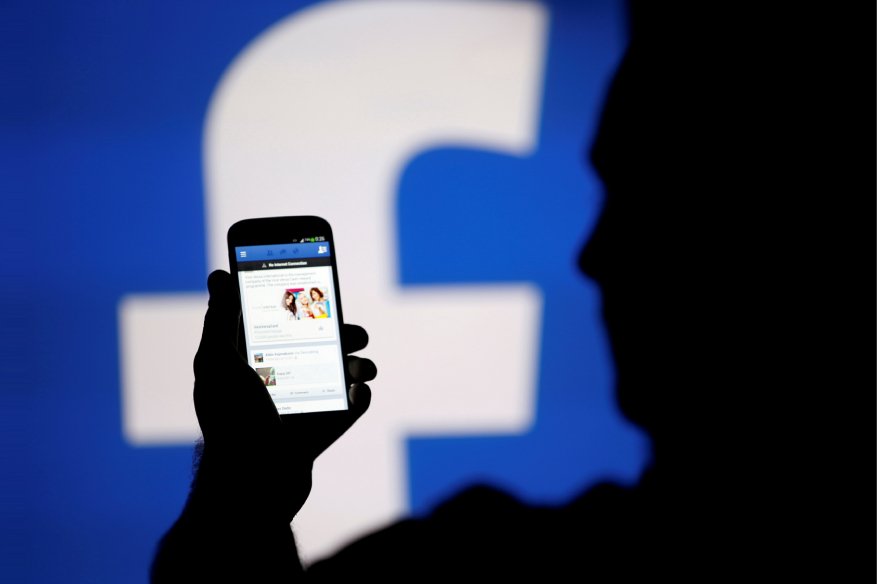How Facebook And Your DIY Ways Can Avoid Facebook Malware

Ever since it has grown to billions of users, Facebook contains enough data for hackers to use for either monetary gain or blackmail. Facebook is a malware engineer’s fantasy with regards to hitting as many people as possible.
Malware, short for malicious software, are programs installed on your device to disrupt ordinary tasks, gather individual data or access a system. In the past, Facebook created systems to recognize malicious contents infected with malware. After Facebook distinguishes a possible infection, it will notify the user and provide, complimentary, an antivirus product equipped for cleaning the user’s device.
Facebook additionally rolled out improvements to mobile security protocols and introduced Code Generator for Android to bring even more of its safety and security highlights to mobile. Finally, Facebook partnered with external computer security groups to advise affected users to enable these people to guarantee constant connectivity.
If you suspect you have malware on your device, you either need to run an antivirus. Now, with Facebook’s new self-enrollment malware checkpoint, you will have the capacity to proactively obtain your decision of from the Facebook Anti-Virus Marketplace to sweep and clean your system.
You clearly need to protect your Facebook account from malicious hackers. Let’s take a look at some other handy approaches to lessen the possibility of being pounded with malware on Facebook.
1) Cybercafes are awesome options when you do not have any data on your device. They are also reserves for passwords since the vast majority simply tap on ‘yes’ on the save password dialog box. The password will stay there, and somebody will sign into your account with no hustle. If you can’t avoid the use of cybercafes, just be cautious.
2) Leaving your account signed in also paves the way for hackers to take control of your account. Even if you close the browser after a session, Facebook will recognize the session as continuous for some time. If a person comes in perfectly after you, he should have access to your account.
You need to guarantee that you have logged out and that neither your number nor email address is displayed in the verification tabs.
3) A two-factor authentication feature which sends a confirmation message to your phone each time you or a hacker tries to sign in to your account. You can utilize this through third-party software or Facebook’s verification mechanism.
When signing in, you get a unique code that will enable you to access Facebook in that session as it were. Once the session has finished, you should get another authentication message to access your account once more.
4) Most phishing and virus activities are found in porn and torrent sites. If you are a frequent guest, always clear your data before somebody accesses your authentication details.
Or on the other hand, simply download an adware removal tool to deal with that for you. The next person attempting to hack won’t locate the zeros he is looking for.
5) The hacking issues are not only web-based. Some of the software could likewise spam some pop-up ads onto your screen or browser. You can keep away from this by utilizing malware, adware, and spyware removers.